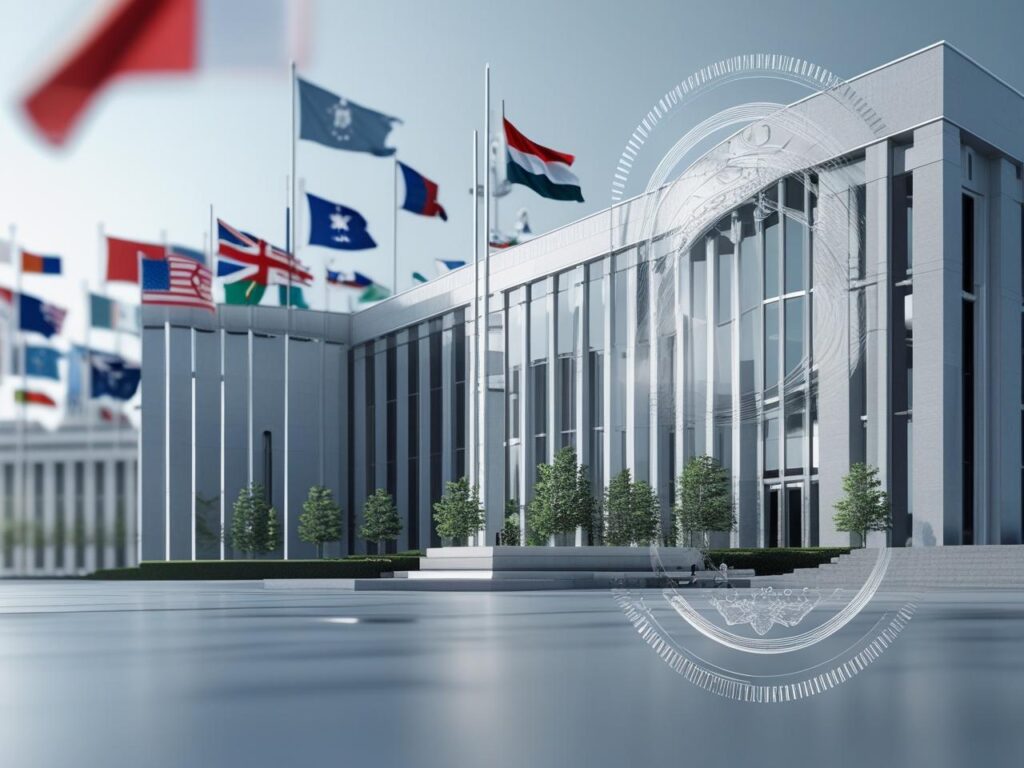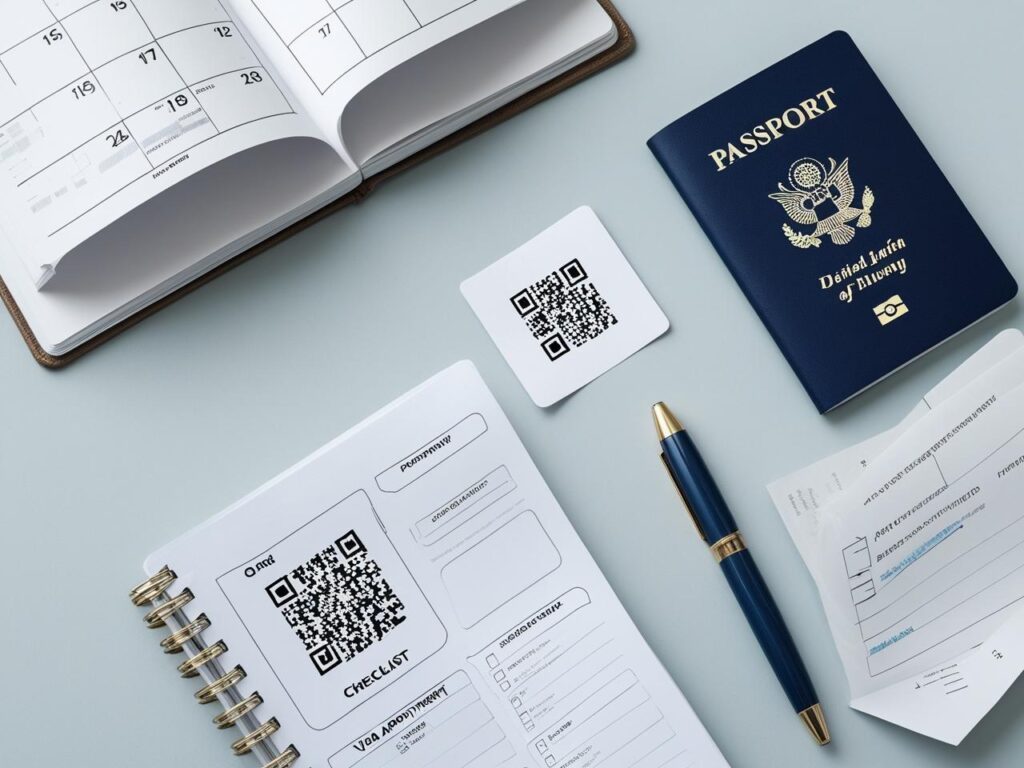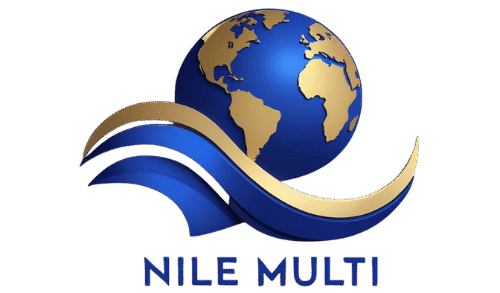Visa and Embassy Procedures Explained: A Complete Guide for International Travelers
Navigating visa and embassy procedures can be one of the most confusing parts of international travel. Whether you’re planning a vacation, applying for a student visa, seeking medical treatment abroad, or coordinating business travel, understanding how embassies and consulates operate is crucial. In this guide, Nile Multi walks you through the essential steps and best practices to help you manage the process smoothly and confidently.

Why Understanding Embassy and Visa Procedures Matters
For most international trips, securing the correct visa and preparing verified documentation are prerequisites. Embassies and consulates are not just places to get stamps; they handle document authentication, legalization, visa issuance, and provide consular assistance for travelers and expatriates. A single mistake or missing document can delay your travel or even result in denial.
1. Know the Type of Visa You Need
Before beginning the application process, determine which visa type matches your purpose:
- Tourist Visa: For short-term leisure travel
- Business Visa: For meetings, conferences, or contract signing
- Medical Visa: For seeking treatment abroad
- Student Visa: For academic or language programs
- Transit Visa: For passing through a country en route to another destination
Check the specific requirements of the destination country, as different embassies may have different policies and timelines.
2. Gather Required Documents
Each embassy or consulate will request a specific list of documents. Generally, you should prepare:
- A valid passport (usually with at least 6 months’ validity)
- Completed application forms
- Passport-sized photos
- Proof of travel arrangements (flights, hotel bookings)
- Financial statements or proof of funds
- Travel insurance
- Invitation letters (for business, student, or medical trips)
- Certified legal documents (educational certificates, medical reports, etc.)
Tip: Always check if the documents need to be translated or authenticated.
3. Legalization and Attestation of Documents
If you’re presenting documents to a foreign government or institution, they must often be:
- Notarized
- Authenticated by a local authority
- Certified by the Ministry of Foreign Affairs
- Attested by the destination country’s embassy or consulate
Nile Multi offers complete support in handling educational, medical, and commercial document attestation in Spain and other countries.

4. Schedule and Attend Your Visa Appointment
Once your documents are ready, schedule a visa appointment:
- Choose the correct embassy or consulate based on your location
- Book early to avoid delays during peak seasons
- Arrive on time with all required documents
- Be prepared for a short interview
- Pay any applicable visa fees
Some embassies accept walk-ins, while others operate strictly by appointment.
5. Translation and Certified Copies
Documents not in the official language of the destination country often require certified translations. For example:
- Medical reports translated into Spanish for treatment in Spain
- Educational diplomas translated for student visas
- Contracts translated for embassy submission
Nile Multi provides professional translation services accepted by embassies and legal authorities.
6. Common Embassy Services Beyond Visas
Embassies also provide a range of consular services:
- Passport renewals
- Consular protection in emergencies
- Birth or death registrations abroad
- Power of attorney or legal representation
- Notarizing documents
Whether you’re an expatriate or traveler, it’s helpful to know how your home country’s embassy can support you while abroad.
7. Embassy Processing Times and Travel Planning
Visa processing times vary widely. Factors include:
- Type of visa requested
- Season (peak or off-peak)
- Completeness of your documents
- Embassy workload
Tips for faster processing:
- Apply at least 3–6 weeks in advance
- Provide clean and certified documents
- Ensure accurate, truthful answers on all forms
8. Embassy-Specific Tips for Spain
If you’re traveling to Spain, here are a few key points:
- Spain requires Schengen visa for most non-EU travelers
- Educational and medical documents must often be apostilled or legalized
- Spain embassies may require biometric data
- Visa appointments are handled by BLS International or VFS Global in many countries

9. How Nile Multi Helps You
At Nile Multi, we simplify the process of dealing with embassies and consulates by offering:
- Visa consultation and appointment booking
- Full document review and preparation
- Legal translation and certification
- Embassy liaison and document follow-up
With multilingual experts and partnerships across Spain, the Middle East, and Europe, we ensure that your paperwork is accurate, timely, and embassy-approved.
Conclusion: Travel Smart, Start with the Right Documents
Securing a visa and managing embassy procedures doesn’t need to be stressful. By understanding the steps, preparing the right documents, and working with a trusted partner like Nile Multi, you can ensure that your journey starts with confidence.
Let our experts help you take the guesswork out of your next international trip.
